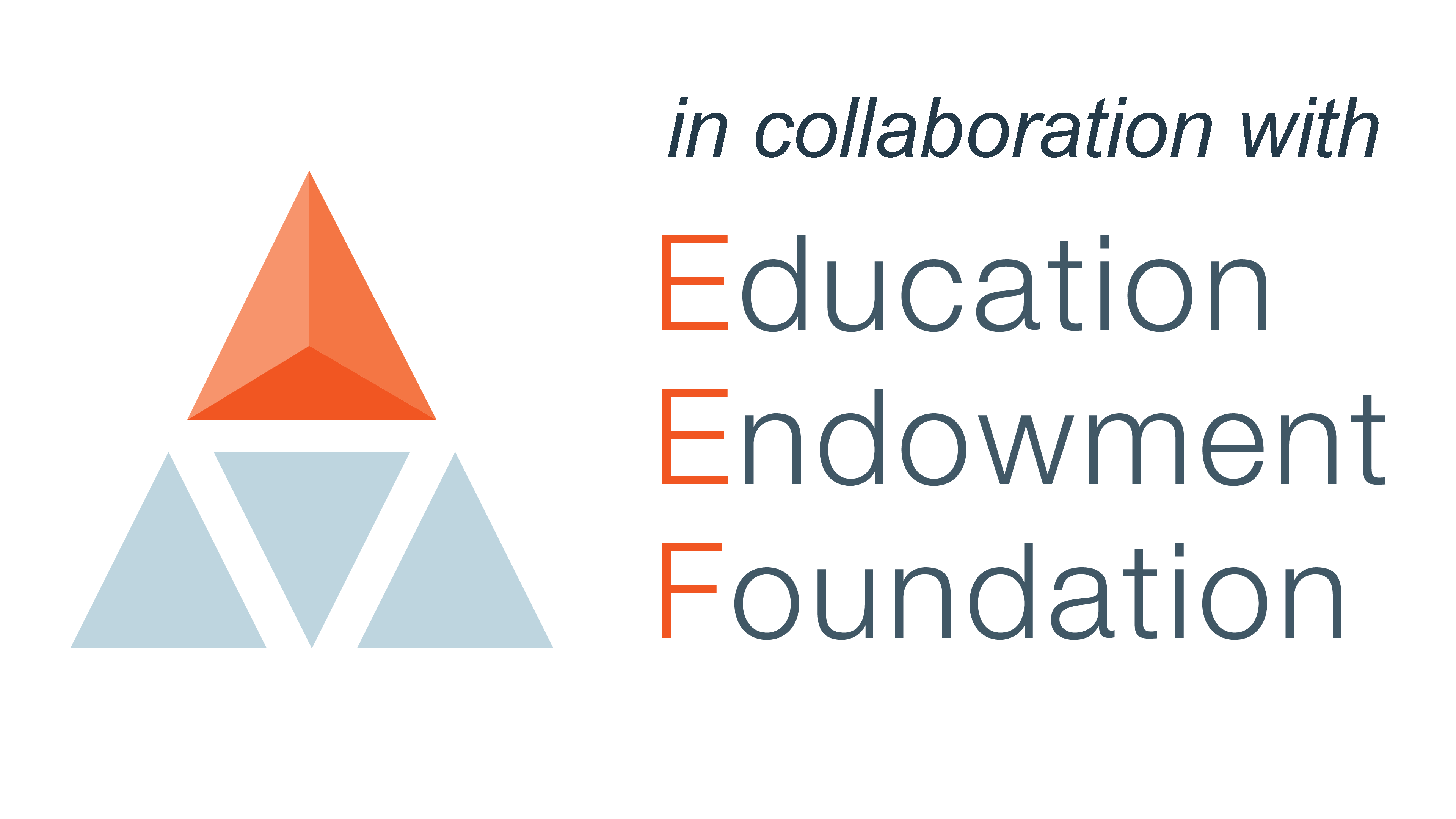What is project-based learning?
Project-based learning (PBL) is an inquiry-based approach, in which students work independently or in small groups to solve a problem or answer a complex question. The project takes place over an extended period of time.
This child-centred approach draws on the ideas of Swiss psychologist Jean Piaget, and the constructivist theory that teaching takes place by engaging students in investigation.
How does it work in the classroom?
Andy Brittain is a science, technology, engineering and maths (Stem) coordinator and physics teacher, and in Tes, he suggested PBL had three crucial steps: students select a topic of interest, investigate a hypothesis (in groups and independently) and then write a report on their findings.
This can happen at home or in the classroom and, Brittain adds, because students can choose their own topic, they can play to their passions, which makes them more likely to feel engaged in their research.
Most PBL activities follow the same format and include elements of both collaboration and independent working. For example, a Year 5 class could do a mission to Mars project, lasting eight weeks.
Together, the class and the teacher would agree on learning objectives for the project, including what it would be like for the astronauts who lived there. Over the course of the project, the class would learn about the planet and its conditions, and what life would be like for humans if they went to Mars. This could involve independent research on nutrition, workshops on gravity, etc.
Finally, the class teacher would organise a showcase for students to present their findings. This could range from cooking classes for astronauts, to demonstrations of how a Mars landing might work.
It’s essential that projects are well scaffolded and aligned with the national curriculum, says Brittain. Teachers should also consider children’s access to the necessary technology or books that might be required for research, and avoid assuming that project materials will be available at home.
Further reading:
The Education Endowment Foundation (EEF) is an independent charity dedicated to breaking the link between family income and educational achievement.
To achieve this, it summarises the best available evidence for teachers; its Teaching and Learning Toolkit, for example, is used by 70 per cent of secondary schools.
The charity also generates new evidence of “what works” to improve teaching and learning, by funding independent evaluations of high-potential projects, and supports teachers and senior leaders to use the evidence to achieve the maximum possible benefit for young people.





